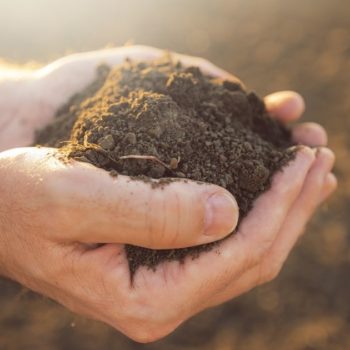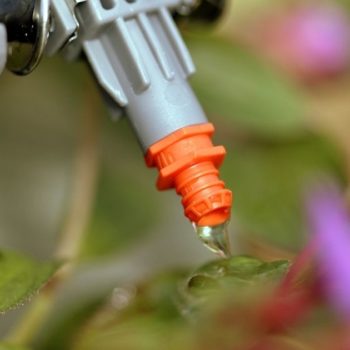
Top 5 Bacillus Species for Plant Growth Promotion
From triggering root development in plants to promoting plant growth, Bacillus species are truly beneficial microbes—a small but mighty force to have in your garden.
All plant-beneficial Bacilli spp. work singularly and in sync with one another to produce hormones and solubilize enzymes that increase plant growth and crop yield—even in difficult environments. Drought and heavy metals, are no problem for plants in gardens full of beneficial Bacilli organisms. Many studies show their potential as highly competent plant growth promotion bacteria and as an excellent biofertilizer that can be used in horticulture to achieve optimum yields.
Bacilli and the benefits of adding them to your garden:
Bacilli are rod-shaped, gram-positive, aerobic bacteria that exist everywhere in nature, including the air, water, and soil, with more than 200 different species identified.
In gardens, including planters and hydroponics, they colonize plant roots and, with help from the like-minded rhizobacteria, increase nutrient availability to plants through nitrogen fixation, phosphate solubilization, iron acquisition through siderophore production, and phytohormone production.
Each Bacillus species is as unique as a fingerprint or a snowflake and carries out equally unique and favorable functions that will improve your crop’s growth and development. Here are the top 5 Bacillus spp. for Plant Growth Promotion and how they’ll benefit your plants:
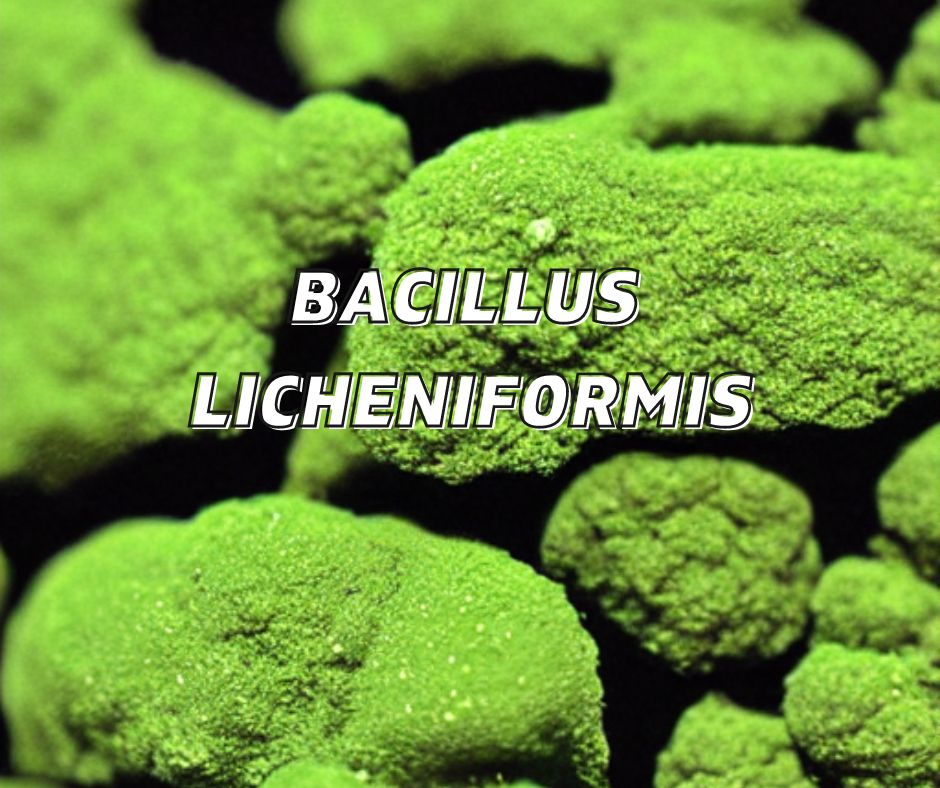
1. Bacillus licheniformis: This species thrives in various conditions such as high pH and high temperature, specifically aiding to improve nitrogen efficiency in the plant and to assist release of other bound-up soil nutrients. They’ve also been shown to enhance nutrient accumulation and distribution in plants grown in heavy metal-contaminated soil.
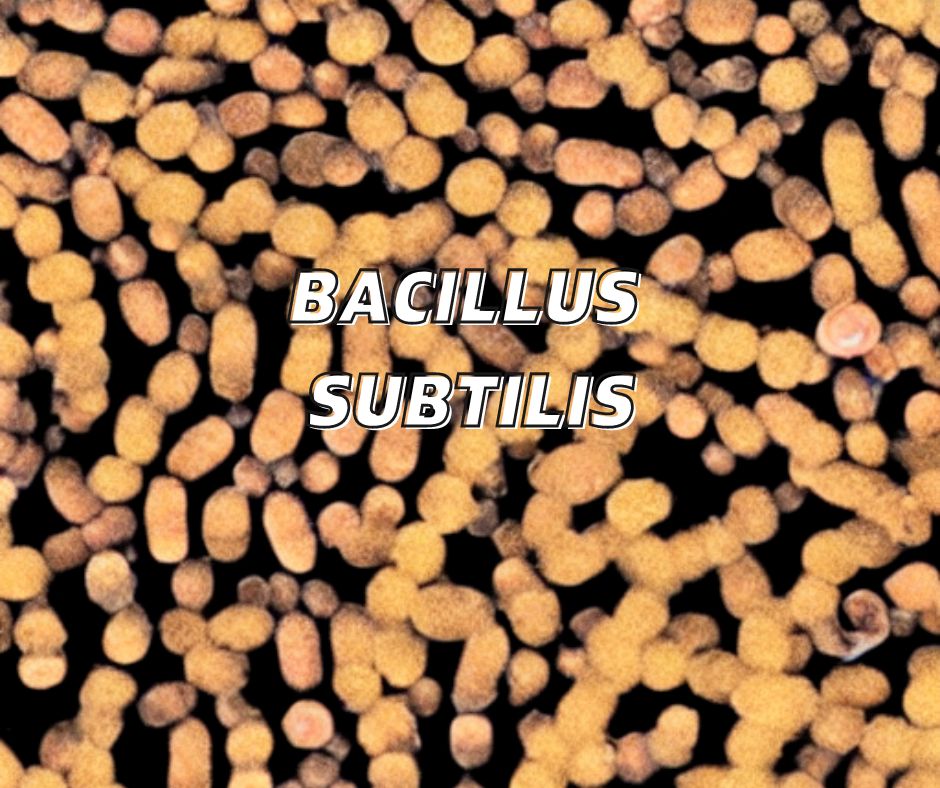
2. Bacillus subtilis: This species is very versatile and assists in releasing soil bound nutrients by helping to solubilize phosphate, augment nitrogen fixation, and produce siderophores which assist in increasing the bioavailability of iron. Bacillus subtilis species are known to produce powerful enzymes, boost stress tolerance, and may also elicit natural plant defenses.
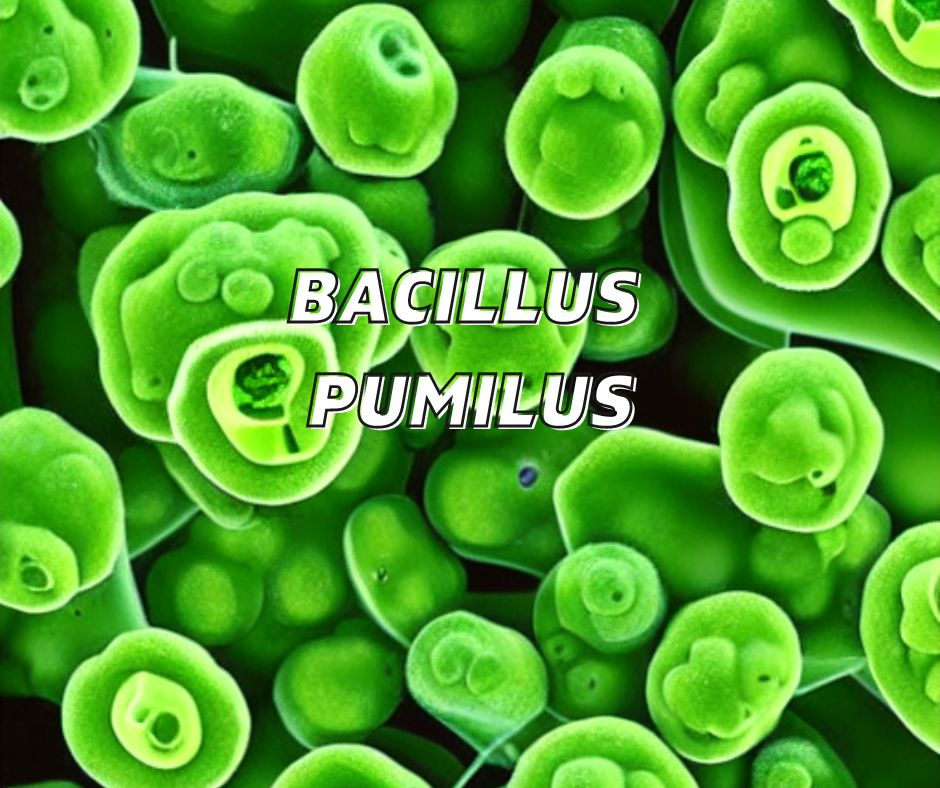
3. Bacillus pumilus: This species functions as nitrogen fixing bacteria capable of metabolically transforming molecular nitrogen (N2) into ammonia (NH3) and can protect plants from a variety of abiotic stressors. They can quickly colonize around root structures, generating a competitive exclusion situation. Bacillus pumilus shows high resistance to environmental stresses, particularly UV light exposure.
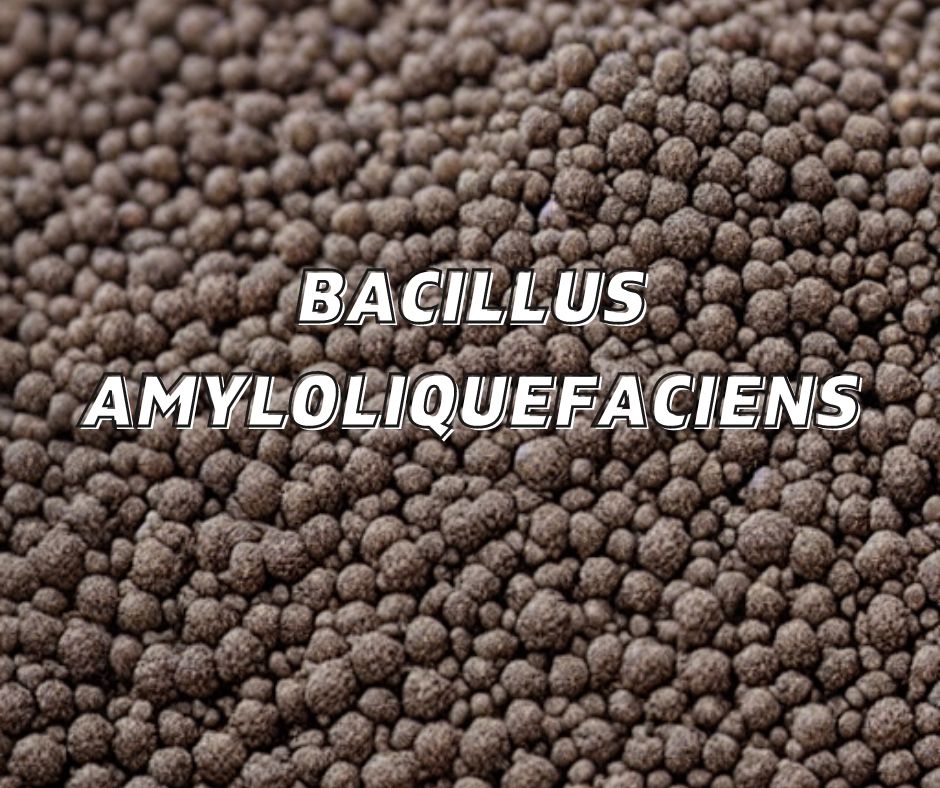
4. Bacillus amyloliquefaciens: In iron deficient conditions, Bacillus amyloliquifaciens produces siderophores that sequester iron and convert it to a form that’s more bioavailable for plants to absorb. Similar to Bacillus pumilus, this species also works preventatively via colonization around the root zone, causing competitive exclusion scenarios while improving plants’ tolerance to abiotic stress. As such, these species both make for excellent biofertilizers in agriculture.
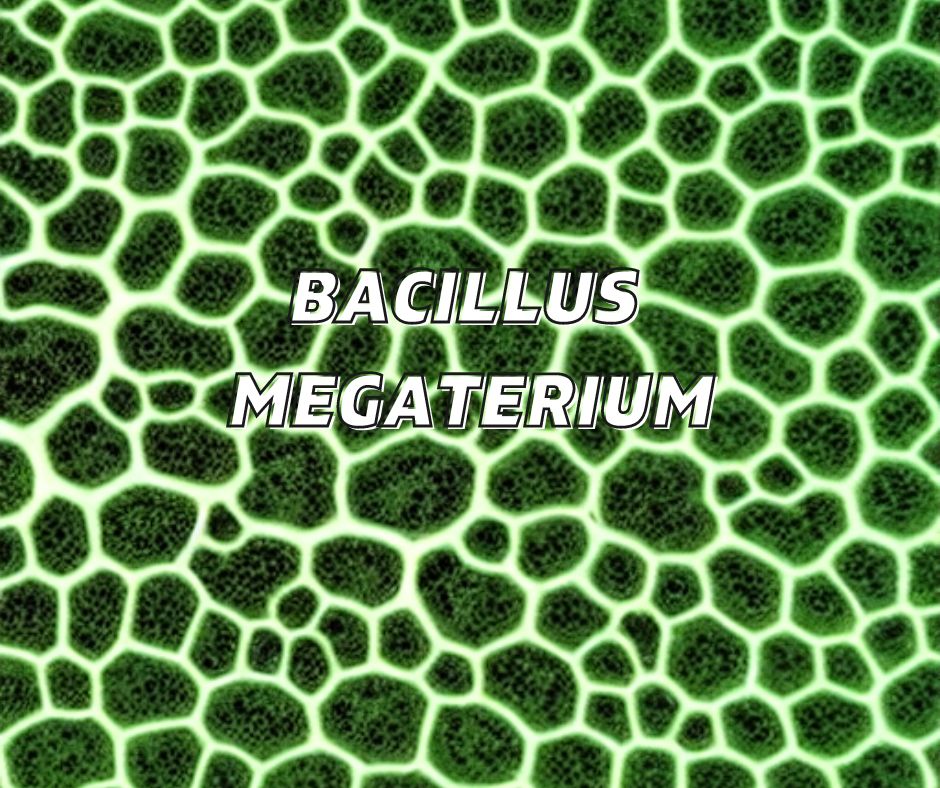
5. Bacillus megaterium: The largest known bacillus in nature, this species is a very rapid grower. These beneficial microbes enhance plant growth by increasing the amount of phytohormones available in the soil, releasing soil bound nutrients (especially phosphorous), and acting as a known plant growth promoter.
Conclusion
The plant growth-promoting activities of Bacilli have been well-documented over the years, as evidenced by increased growth of roots, shoots, and leaves, as well as enhanced yields in a variety of fruits and vegetables, particularly soybeans and corn. They are safe bacteria and physiologically compatible not only with each other, but also with natural bacterial root inoculants.
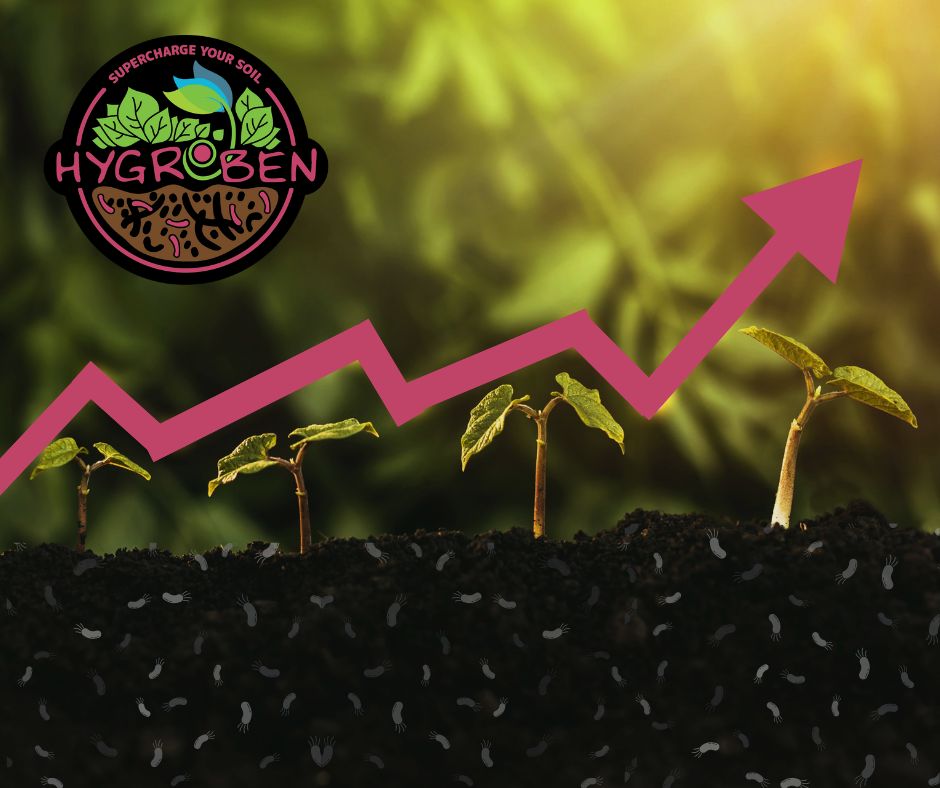
Hygroben™ is an environmentally friendly product composed of these top five beneficial Bacillus species as well as Hygrozyme’s proprietary additives. This plant growth-promoting product can be easily incorporated into any regular nutrient regime and used weekly as a drench or drip irrigation on agricultural, horticultural, and ornamental crops. For even better results, we recommend using alongside Hygrozyme®.
- On May 3, 2023

